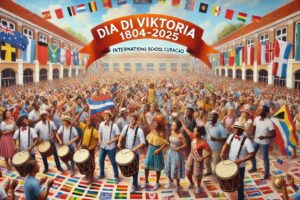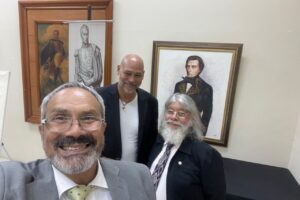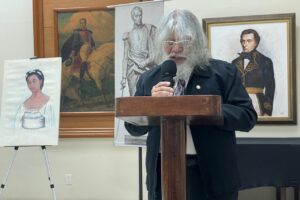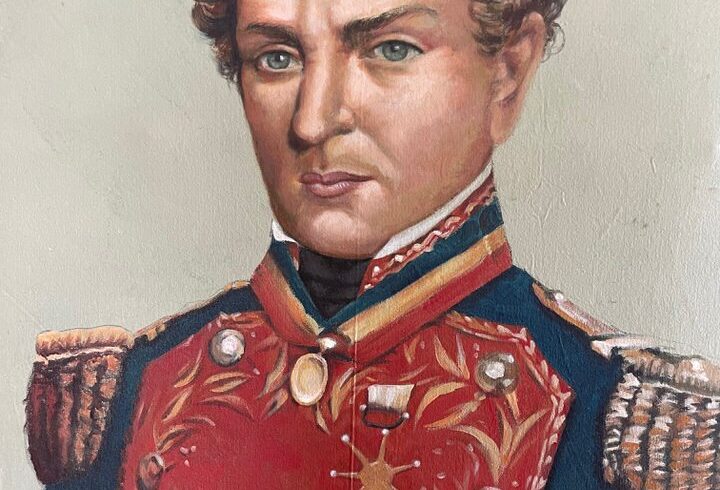
After executing Manuel Piar in 1817, Simón Bolívar indeed considered eliminating other potential rivals, including Santiago Mariño, who was another influential leader in the Venezuelan independence movement. Mariño, like Piar, had shown resistance to Bolívar’s centralized authority. However, Bolívar’s plan to execute Mariño was thwarted due to the intervention of General José Antonio Bermúdez, who persuaded Bolívar to spare Mariño’s life.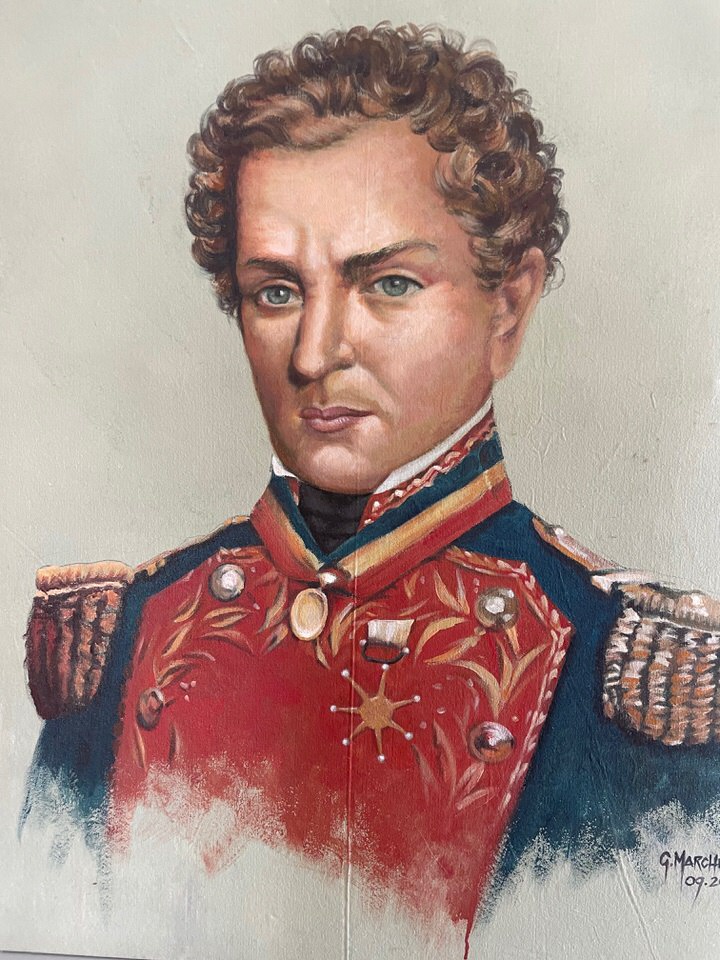
Bermúdez’s intervention highlights the complex relationships between the independence leaders, who, despite their common goal of liberating Venezuela from Spanish rule, had differing visions for the future of the nation. While Bolívar feared that unchecked rivalry could undermine the independence effort, his decision to execute Piar and almost do the same with Mariño reflects the growing internal tensions within the patriot camp. These events underscored Bolívar’s increasing reliance on authoritarian measures to maintain unity and control over the movement [oai_citation:2,SciELO – Brasil – Simón Bolívar’s Republic: a bulwark against the “Tyranny” of the Majority Simón Bolívar’s Republic: a bulwark against the “Tyranny” of the Majority](https://www.scielo.br/j/rsocp/a/9YwL5HGMD4ygBwsc9SqpzYC/) [oai_citation:1,Simon Bolivar and the Spanish Revolutions | History Today](https://www.historytoday.com/archive/simon-bolivar-and-spanish-revolutions) .
This episode demonstrates the precarious balance between leadership unity and internal dissent during the independence wars, as Bolívar’s approach to consolidating power often conflicted with regional leaders who sought more autonomy or had different priorities, such as the inclusion of marginalized groups in the new republic.
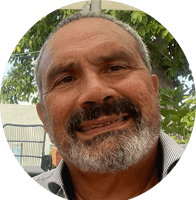
Tico Vos is a professional photographer, producer, and tourism specialist. He has been documenting the History, Culture, and News of Curaçao. This site is a documentation of the history of Manuel Carlos Piar.

